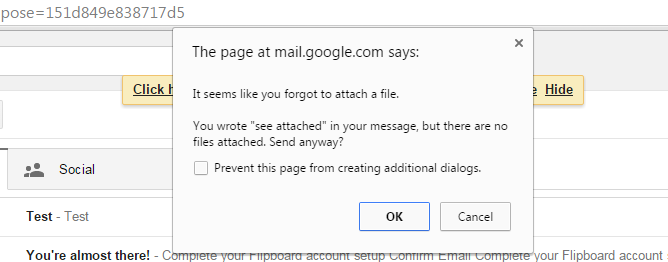Research is the Key
Start with some research, then perform some more research and then top it up with much more research. Make sure your research yields results and information from trusted sources. Just don't end up asking your friend or your friend's friend for advice. Understanding the industry benchmark, knowing the industry and the details of the open position will help a lot. Remember you are planning for a new job so your current job and current salary are not the right baselines. Determining the market value is significant.
Avoid the most common mistake
What is the most common mistake one can make in a salary negotiation?
Most common and biggest mistake is NOT realizing that the salary negotiation already begins as soon as the interviewer asks you for your current and desired salary. The question 'What's your current salary, and what's your desired salary?' usually comes up early in the interview process, so people are not aware that the negotiation has already begun.
The organization knows the kind of opening they have, they also know what are they willing to pay for that open position.
By asking you to mention your current and desired salary they are binding you within your own limits. This way you never come to know what was the real value of that position and that gets you into a position of disadvantage. To overcome such scenarios you may take a different stand and give a balance response, for example:
Question: What's your current salary, and what's your desired salary?
Answer: You know salary is just one of the aspect of this overall package, I would prefer to focus on the value that I would be able to add to the organization. I would not like to limit the discussion based on my current salary. I am sure the company will offer me the right salary, we can negotiate the numbers when we reach the right stage, at this point I believe it is too early to discuss.
This way you can have the company/ organization call out the numbers first and then disclose your numbers after you have heard what the company is willing to pay for the open position.
Learn to apply poker techniques
The research you did in step 1 will help you apply the poker techniques. This means you will know when to bluff, you will know when the other person is bluffing and you will know how long to hold your cards and when to show and move on. For example, you may want to call out that you have other offers in hand with better prospects and value. Similarly, the company may choose to mention that they are interviewing other candidates and may make a final decision based on certain condition(s).
Confidence matters, a lot
Make sure you appear confident even if you are not confident from within. Remember the game of chicken, the principle of the game is that each player prefers not to yield to the other so your presence of mind and tact sensitivity in the given situation are also some of the key factors.
God is in the details
- Ask about perks
- Ask about other benefits, stock options etc.
- Compare and contrast the responsibilities, benefits and long-term opportunities inline with the package
- Avoid sharing your bottom line
- It is okay to push the HR
- Show strong professionalism but avoid being aggressive
- Don't be afraid, no amount is unreasonable. Its all in your mind
- Never mention that you are underpaid in your current job or your current employer does not recognize your real worth
- Never start the salary discussions yourself, let the company/ organization do it in the interview process
- Last but not the least, remember that this is a painful process. Patience and good practice will make you perfect.
Here is a video on the factors impacting your salary:



